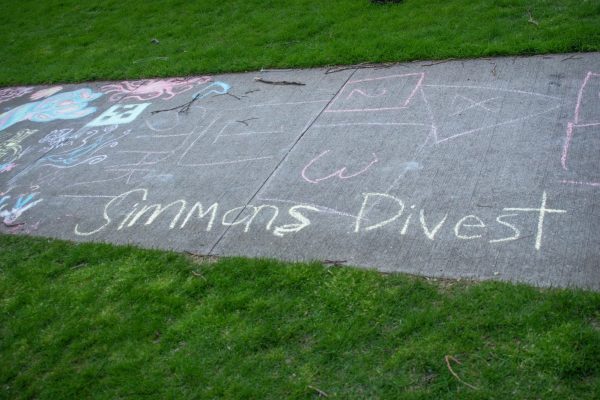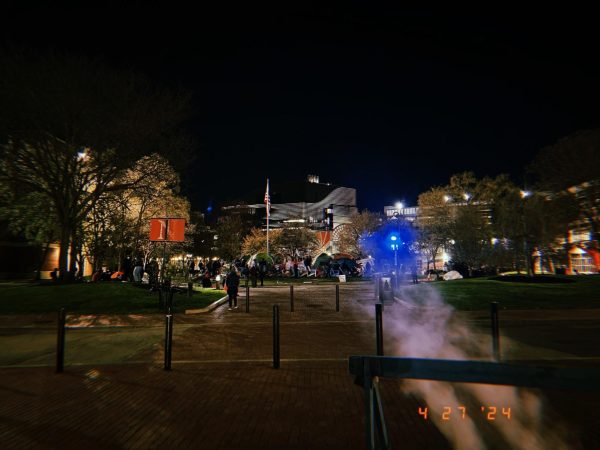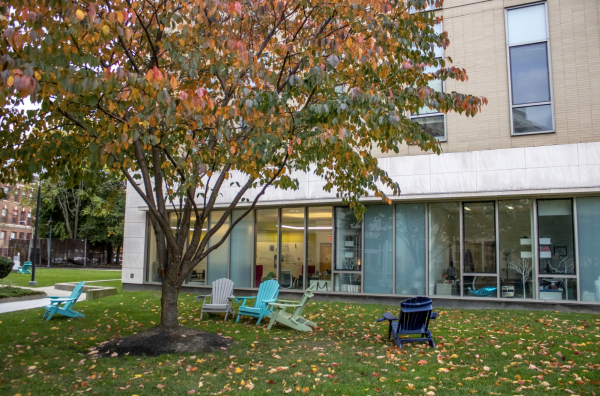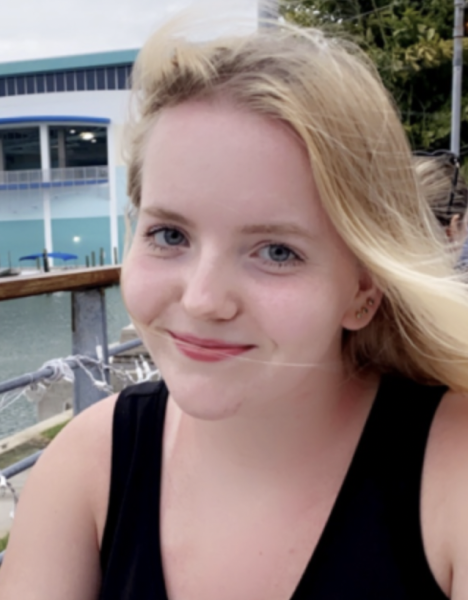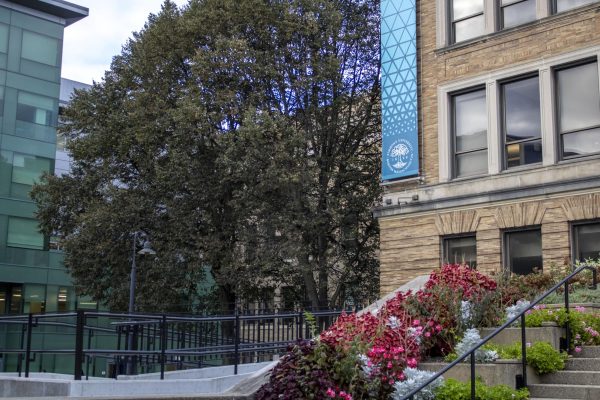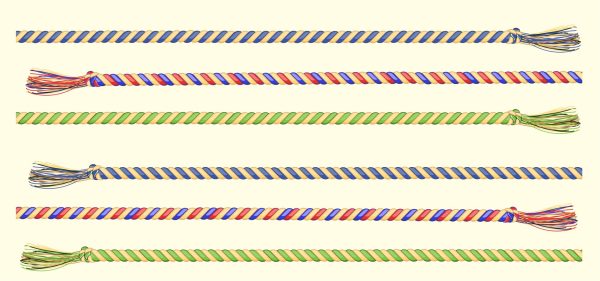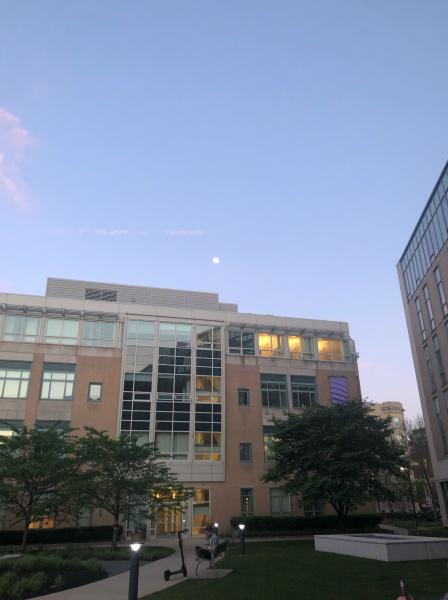Seniors struggle to feel prepared for life after graduation
October 25, 2021
Seniors are struggling to feel prepared for post-graduation life after over a year of virtual classes.
“We were away for so long, so even though we put in the work and got the credits, it doesn’t feel like the experience has been complete,” said Maddie Short, a senior in the history program. “It doesn’t feel like it’s leading up to a graduation culmination.”
Despite doing well in their virtual classes, Short recognizes the experiences they’ve missed because of the pandemic. They had to leave campus partway through their methods course, losing the opportunity to do archival research outside of Simmons. But, they were able to make connections through a virtual internship at the Remedial Herstory Project last year.
“I definitely wish I could have done an in-person internship, but I think I gained a lot of valuable skills,” Short said. “It just turned out to be very individual. I didn’t get to meet any other students like I hoped I would.”
Short is not the only student impacted by the loss of social interaction during internships.
“Being online makes it much more difficult for students to think of themselves as a colleague and not as a subordinate,” said Lydia Fash, the humanities internship director. Fash works directly with students through her internship class where she helps them find positions and learn career skills.
According to Fash, in-person interactions help students learn confidence and how to navigate the social space of an office. “I think it has implications for deciding which jobs to apply to, having the confidence to perform well in the interview, and then having the confidence when you start those jobs,” she said.
Glassdoor reported that internship hiring on their site in May 2020 fell by 49% compared to May 2019. Fash acknowledged that there are fewer internships and more of them are unpaid, but that doesn’t mean the search is hopeless.
“If people want internships and are willing to spend the time, we’ve always been able to find something for them,” she said. Fash also suggested applying for the Passionate Leaders Project, which offers funds for a variety of activities, including internships, according to the Simmons website.
Senior nursing student Regina Guan maintained some in-person interactions through her clinical rotations, but not everything stayed the same.
Guan had to take extra precautions and did shortened rotations, spending 8 weeks on rotation in Fall 2020 instead of the usual 10-12 weeks. The students weren’t allowed to have any COVID patients for their protection. She also had less time in the nursing simulation lab.
“I don’t really feel ready to graduate. It’s kind of unimaginable thinking that I’ll be out on the floor of a hospital in less than a year, especially when we did lose out on some of our experience,” Guan said. “I honestly think it would have been useful to have COVID patients just because it is such a relevant issue and we’re definitely going to be seeing more cases when we get into the real world.”
Outside of clinicals, she still felt the effects of online classes, struggling with focus and mental health. She credited her continued success to the understanding and kind professors that let her make up missed work
Paria Reich, a senior in the studio art program, called this the “forgiveness era” of the pandemic, which also helped her pass her virtual classes.
Reich is graduating later than she expected after lightening her class load last year, and said graduating “late” feels more stigmatized than it should be. According to a 2020 Gallup survey, about half of U.S. college students thought it was likely that COVID would impact their expected graduation date. Some common reasons for delayed graduation include mental health, financial stress, and new care responsibilities at home.
“My point of view for taking less classes was that this is how I’m going to be able to pass them. The more I say that, the less it feels like I’m making a mistake. I’m taking more time to be a better student for myself,” she said.
Dr. Barbara Zerillo, the director of the Career Education Center, noted that students have had to adjust expectations. “When the pandemic first hit, that was a really hard time for all of us, especially for students who thought ‘I’ll just wait the semester until it’s over,’ but then it didn’t end. People have now realized that this is the new normal, so how do I move forward?” she said.
Zerillo’s department has shifted to virtual programming to continue to support and educate students, including a six-week summer boot camp for 2020 graduates who were particularly affected by the pandemic. As jobs and internships change, securing a position for graduation can seem incredibly daunting for returning seniors.
Zerillo mentioned that most students don’t book an appointment at the Career Education Center until they have an immediate need. Her advice is to reach out for help, no matter where you are in your academic career.
“Oftentimes we’re so critical about ourselves, saying ‘I should have done this earlier,’” said Zerillo. “Get rid of all that negative thinking and instead think about how you can use the resources we provide to help you at whatever stage you’re at.”




